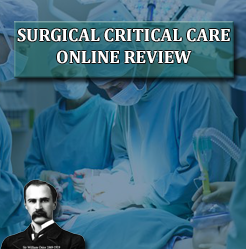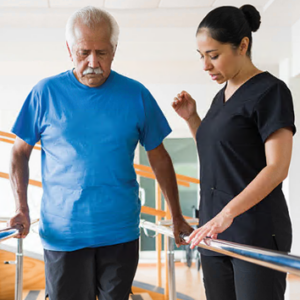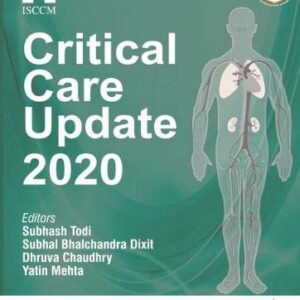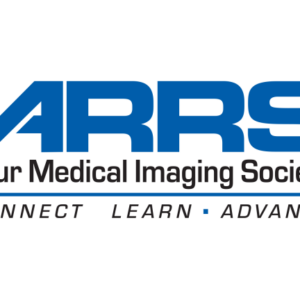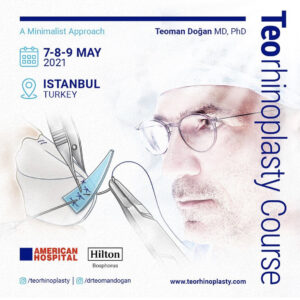ACG Annual Scientific Meeting 2021
| Monday, October 25, 2021 | 7:50 am – 6:30 pm | |
| 7:50 am | Opening Remarks David A. Greenwald, MD, FACG, ACG President |
| 8:00 am | Presidential Plenary Session 1 Moderators: David A. Greenwald, MD, FACG, and Brooks D. Cash, MD, FACG |
| 9:00 am | President’s Address David A. Greenwald, MD, FACG, ACG President Introduced by: Samir A. Shah, MD, FACG, ACG President-Elect |
| 9:30 am | Presidential Plenary Session 2 Moderators: Samir A. Shah, MD, FACG, and Brooks D. Cash, MD, FACG |
| 10:00 am | Exhibit Hall Opens |
| 10:15 am | Hands-On Endoscopy Workshop Center Opens |
| 10:30 am | Keynote Address by Dr. Thomas Frieden
COVID, Colons and Collective Action: What’s New for Health and Health Care in the U.S. and Globally |
| 10:30 am | Scientific Poster Session Opens |
| 10:30 am | Break – Visit the Exhibit Hall and Browse Scientific Posters |
| 10:30 am | Exhibitor Theater |
| 11:30 am | Simultaneous Symposia: Session 1 In-person attendees can choose from three simultaneous symposia. One of the three symposia will be livestreamed for virtual attendees to view. All attendees will have access to on-demand recordings from each symposium following the conference.
Symposium 1A: ACG Past Presidents’ Symposium Moderator: Sunanda V. Kane, MD, MSPH, FACG
Symposium 1B: Complications of Advanced Liver Disease
Symposium 1C: Update on Endoscopic Resection of Colorectal Lesions
|
| 12:45 pm | Lunch Break – Visit the Exhibit Hall and Browse Scientific Posters |
| 12:45 pm | ACG – FDA Public Forum |
| 12:45 pm | Exhibitor Theater |
| 1:00 pm | Scientific Poster Session – Authors Present |
| 1:40 pm | Exhibitor Theater |
| 2:15 pm | Simultaneous Plenary Sessions 1 |
| 3:05 pm | The American Journal of Gastroenterology Lecture
Hidden in Plain Sight: Bringing Women Into the Scope of Gastroenterology |
| 3:45 pm | How to Get Published: ACG Journal Editors’ Roundtable Brian E. Lacy, MD, PhD, FACG, Brennan M. Spiegel, MD, MSHS, FACG, and Brian C. Jacobson, MD, MPH |
| 3:45 pm | Break – Visit the Exhibit Hall and Browse Scientific Posters |
| 3:45 pm | Exhibitor Theater |
| 4:45 pm | Simultaneous Symposia: Session 2 In-person attendees can choose from three simultaneous symposia. One of the three symposia will be livestreamed for virtual attendees to view. All attendees will have access to on-demand recordings from each symposium following the conference.
Symposium 2A: Starting, Switching, and Stopping Therapy in IBD
Symposium 2B: ACG Clinical Guideline: Management of Irritable Bowel Syndrome
Symposium 2C: Live From Las Vegas! The 9th Annual Endoscopy Video Forum Moderators: Seth A. Gross, MD, FACG, and Vivek Kaul, MD, FACG |
| 6:00 pm | ACG’s Annual Business Meeting All Members and Fellows of ACG are invited. |
| 6:30 pm | Annual Scientific Meeting Adjourns for the Day |
| Tuesday, October 26, 2021 | 8:30 am – 6:25 pm | |
|---|---|
| 8:30 am | Simultaneous Plenary Sessions 2 |
| 10:00 am | Exhibit Hall Opens |
| 10:05 am | Hands-On Endoscopy Workshop Center Opens |
| 10:05 am | J. Edward Berk Distinguished Lecture Presenter: William D. Chey, MD, FACG Introduced By: David A. Greenwald, MD, FACG, ACG President |
| 10:35 am | Scientific Poster Session Opens |
| 10:35 am | Break – Visit the Exhibit Hall and Browse Scientific Posters |
| 10:35 am | Exhibitor Theater |
| 11:30 am | Simultaneous Symposia: Session 3 In-person attendees can choose from three simultaneous symposia. One of the three symposia will be livestreamed for virtual attendees to view. All attendees will have access to on-demand recordings from each symposium following the conference.
Symposium 3A: Updates on CRC Screening and Surveillance
Symposium 3B: The Latest in the A-Zs of Acute Pancreatitis
Symposium 3C: Gastric Disorders: Burning Issues in 2021
|
| 12:45 pm | Lunch Break – Visit Exhibit Hall and Browse Scientific Posters |
| 12:45 pm | Exhibitor Theater |
| 1:00 pm | Scientific Poster Session – Authors Present |
| 1:40 pm | Exhibitor Theater |
| 2:15 pm | Simultaneous Plenary Sessions 3 |
| 3:45 pm | Break – Visit Exhibit Hall and Browse Scientific Posters |
| 4:30 pm | Emily Couric Memorial Lecture
Changing the Narrative on Colorectal Cancer Prevention: Translating Stories to Partnership, Policy, and Practice |
| 5:00 pm | Break |
| 5:10 pm | Simultaneous Symposia: Session 4 In-person attendees can choose from three simultaneous symposia. One of the three symposia will be livestreamed for virtual attendees to view. All attendees will have access to on-demand recordings from each symposium following the conference.
Symposium 4A: Functional Esophageal Disorders: Managing Patients With Symptoms and Negative Testing
Symposium 4B: Conundrums of Pancreatobiliary Diseases
|
| 6:25 pm | Annual Scientific Meeting Adjourns for the Day |
| Wednesday, October 27, 2021 | 8:30 am – 12:15 pm | |
|---|---|
| 8:30 am | Simultaneous Plenary Sessions 4 |
| 10:15 am | Break |
| 10:20 am | David Y. Graham Lecture
Navigating the Road From Precision to Prevention in IBD |
| 10:50 am | Break |
| 11:00 am | Simultaneous Symposia: Session 5 In-person attendees can choose from two simultaneous symposia. One of the two symposia will be livestreamed for virtual attendees to view. All attendees will have access to on-demand recordings from both symposia following the conference.
Symposium 5A: Fecal Microbiota Transplantation at a Crossroads: Where Are We Now and Where Are We Going?
Symposium 5B: Recent Developments in Esophageal Motility Disorders
|
| 12:15 pm | Annual Scientific Meeting Adjourns |
